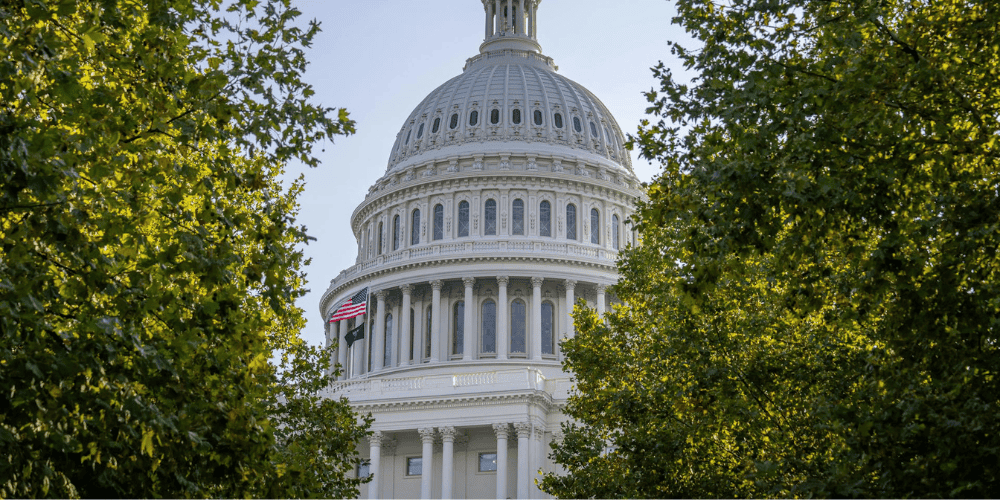
Market Overview
The United States government is poised for an imminent shutdown at midnight, after a crucial funding bill proposed by Democrats failed to pass in the Senate. This development injects significant uncertainty into financial markets, which often react with caution to periods of fiscal instability. A shutdown implies a halt to non-essential government services, potential delays in economic data releases, and a broader dampening effect on economic activity. Investors are likely to brace for increased volatility and a potential shift towards risk-off sentiment as the implications of prolonged political gridlock become clearer. The immediate market response could reflect concerns over economic growth and the reliability of federal operations.
Trading Implications
The impending government shutdown is expected to trigger various trading implications across asset classes. US Treasury bonds may see increased demand as investors seek safe-haven assets amidst the uncertainty, potentially pushing yields lower. Equity markets, particularly sectors reliant on government contracts or regulatory approvals, could face headwinds and downward pressure. The U.S. dollar's performance might become volatile, influenced by perceptions of political stability versus its safe-haven status. Traders will be closely monitoring political developments and legislative efforts to resolve the impasse, as any signs of progress or prolonged deadlock will dictate market direction. Defensive strategies and careful risk management will be paramount for investors navigating this period.
Key Insights
The failure of the Democrats' funding bill, largely due to Republican opposition, underscores the deep political divisions in Washington, D.C., effectively locking in the shutdown. Notably, comments from Donald Trump earlier indicated a view that "good will come from shutdown," and that it would lead to "laying off a lot of people." These statements highlight a stark difference in political strategy and the potential human and economic costs involved. The immediate impact will be felt by federal employees and services, but the longer-term concern revolves around the precedent set for future fiscal negotiations and the potential erosion of investor confidence in U.S. governance. A swift resolution will be crucial to mitigate extended economic disruption and restore market stability.